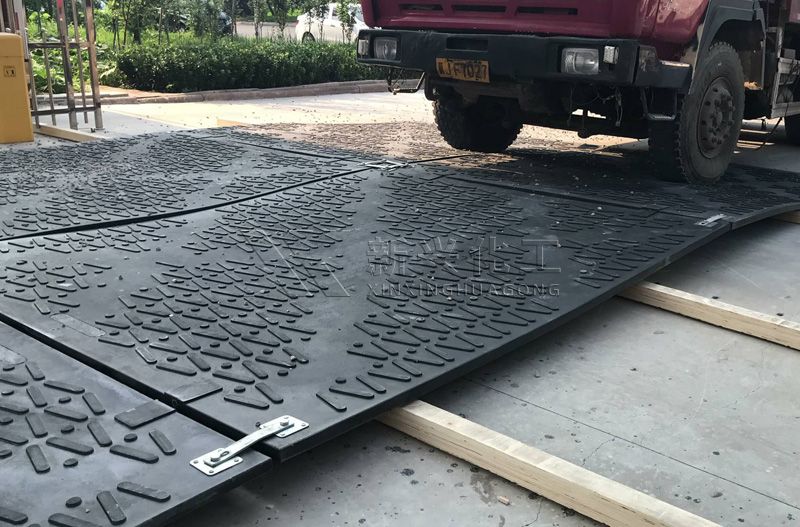How to Choose the Right Plastic Ground Cover Mat?
Plastic ground cover mats are essential tools in landscaping and agriculture. A quick search reveals their role as both weed control and soil stabilizers. The correct selection of these mats can lead to healthier ecosystems and improved crop yields. When evaluating the best options for your needs, consider factors such as material, thickness, UV resistance, and permeability.
Key Uses of Plastic Ground Cover Mats
Weed Control
Plastic ground cover mats serve primarily to inhibit weed growth by blocking sunlight, thus preventing unwanted plant germination. This natural weed control reduces reliance on chemical herbicides and promotes healthier landscapes.
Soil Moisture Retention
These mats permit water and nutrients to penetrate while reducing evaporation, essential for plant health. This capability is especially beneficial in arid climates, conserving considerable amounts of water.
Soil Erosion Control
Plastic ground mats offer stabilization in erosion-prone areas, particularly on slopes or riverbanks. They protect soil integrity by preventing erosion from water runoff, making them ideal for maintaining landscapes.
Landscape Design and Aesthetics
In landscaping, these mats are used to create uniform garden beds and control soil and mulch movement. They can also be placed under driveways and patios to enhance visual appeal while preventing weed emergence.
Agricultural Applications
In farms, these mats improve crop management by effectively suppressing weeds between rows of plants. They minimize soil erosion and facilitate easier irrigation and fertilizer applications, thus enhancing crop yield and reducing labor demands.

Benefits of Plastic Ground Cover Mats
Durability and Long Lifespan
High-quality mats, crafted from UV-resistant materials, endure prolonged sun exposure without damage, making them perfect for long-term applications in gardens and fields.
Water Permeability
Unlike standard plastic sheets, these mats allow essential water, air, and nutrients to flow to the soil. Their permeable design prevents water pooling, reducing the risk of plant diseases.
Environmentally Friendly
Many mats are made from recyclable materials, minimizing environmental impact. They also decrease the necessity for harmful herbicides and pesticides, supporting sustainable agriculture practices.
Related articles:Key Questions to Ask When Choosing 10 Gauge Steel Wire
Easy Installation and Maintenance
Lightweight and simple to install, ground cover mats can be customized to fit any area. Plus, they need minimal upkeep, allowing users to dedicate time to other essential tasks.
Cost-Effective
While the upfront costs might be significant, the longevity and reductions in maintenance expenses make these mats a cost-efficient solution in the long term.
How to Choose the Right Plastic Ground Cover Mat
Material
Select between polypropylene or polyethylene based on your needs. Polypropylene offers enhanced durability for long-term projects, while polyethylene may be suitable for shorter durations.
Thickness
The recommended thickness varies according to application demands. Thicker mats are preferable for high-traffic or erosion-prone areas due to their strength and resistance to damage.
UV Resistance
Choose mats with UV protection to increase viability, especially for those exposed to direct sunlight, preventing deterioration from prolonged exposure.
Water Permeability
Identify mats based on your project requirements for water permeability; certain applications may need less water to flow, especially for erosion control.
Size and Coverage
Determine the size of your coverage area to ensure adequate material procurement. Some mats come pre-printed with planting lines, making them particularly useful in agriculture.
Conclusion
Plastic ground cover mats are invaluable in landscaping and agriculture, contributing to the control of weeds and moisture retention while minimizing soil erosion. With many varieties to fit specific needs, selecting the appropriate mat can yield lasting advantages for your garden or agricultural endeavors.


